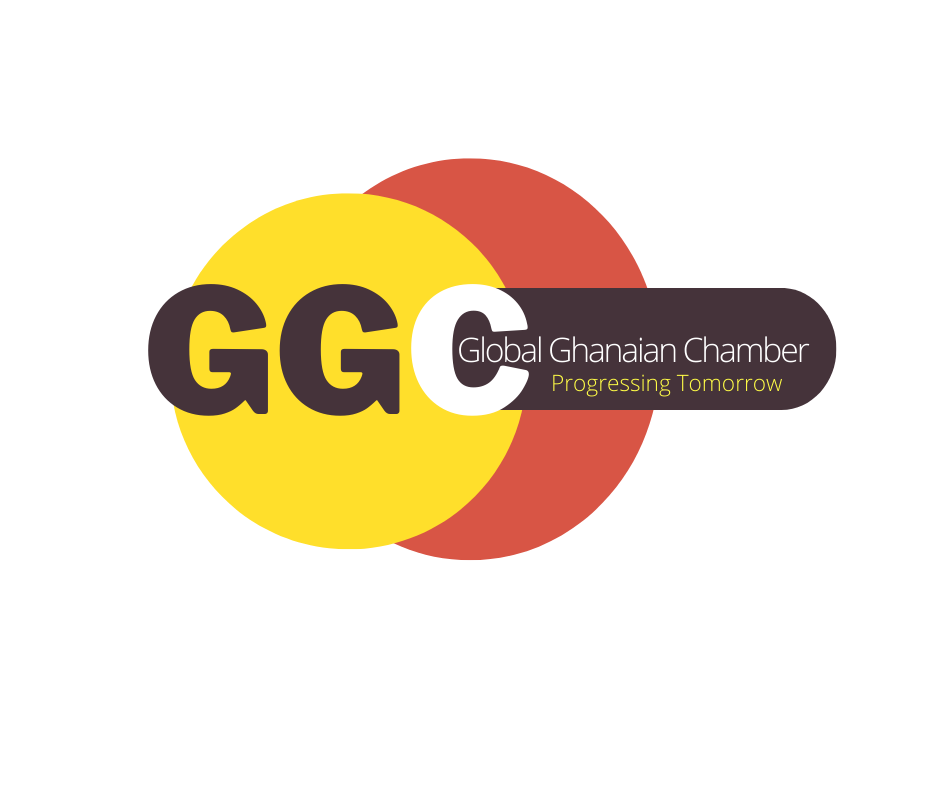
In today’s interconnected world, businesses and organizations are increasingly looking beyond their borders to expand their horizons and tap into new opportunities. This holds true even in the realm of government networks and contracting. As governments seek to collaborate on an international scale, there’s a growing need for businesses to broaden their reach and establish a global presence. In this blog post, we’ll explore the strategies and considerations involved in expanding your government network internationally.
The Importance of International Expansion
Expanding your government network internationally can be a game-changer for your business or organization. Here are some compelling reasons why this endeavor is worth considering:
- Access to New Markets
Expanding internationally opens doors to new markets and customers. Different countries have unique needs and priorities, providing opportunities to offer your products or services in a new and potentially lucrative context.
- Diversification
International expansion helps diversify your revenue streams. Relying solely on a domestic market can leave your organization vulnerable to economic fluctuations or changes in government spending.
- Enhanced Reputation
Participating in international government networks can enhance your organization’s reputation. It signifies a level of expertise and credibility that can attract both domestic and international clients.
- Access to Global Talent
Expanding internationally allows you to tap into a global pool of talent. This can be especially advantageous if your government contracts require specialized skills or knowledge.
Strategies for Expanding Internationally
Expanding your government network internationally requires careful planning and execution. Here are some strategies to consider:
- Research and Market Analysis
Begin by conducting thorough research on potential target markets. Analyze political, economic, and cultural factors that could impact your business. Identify competitors and assess market demand for your products or services.
- Regulatory Compliance
Understand the regulatory environment in your target countries. Ensure that your business complies with local laws, regulations, and licensing requirements. Seek legal counsel if necessary to navigate complex regulatory landscapes.
- Networking and Partnerships
Building relationships is crucial when expanding internationally. Attend international conferences, trade shows, and government networking events to connect with key stakeholders. Consider forming partnerships with local businesses or government agencies to gain insights and support.
- Adaptation and Localization
Recognize that what works in your domestic market may need adjustments abroad. Tailor your offerings and marketing strategies to align with the cultural and linguistic nuances of your target countries.
- Risk Mitigation
Assess and mitigate potential risks associated with international expansion. This may include currency fluctuations, political instability, or supply chain disruptions. Develop contingency plans to address these challenges.
- Technology and Communication
Invest in technology that enables seamless communication and collaboration across borders. Video conferencing, project management tools, and secure data sharing platforms are essential for maintaining global connections.
Conclusion
Expanding your government network internationally is a strategic move that can lead to new opportunities and sustainable growth. However, it’s a complex endeavor that requires careful planning, research, and adaptability. By following the strategies outlined in this blog post and learning from successful case studies, you can take confident steps toward building a global presence in the government networking arena. Remember that each international expansion journey is unique, so tailor your approach to fit your specific goals and circumstances.





